NSF/REU Site: Interdisciplinary Water Science and Engineering
Summer 2019: Research Projects and Mentors
REU Site Duration: May 26 – August 2, 2019
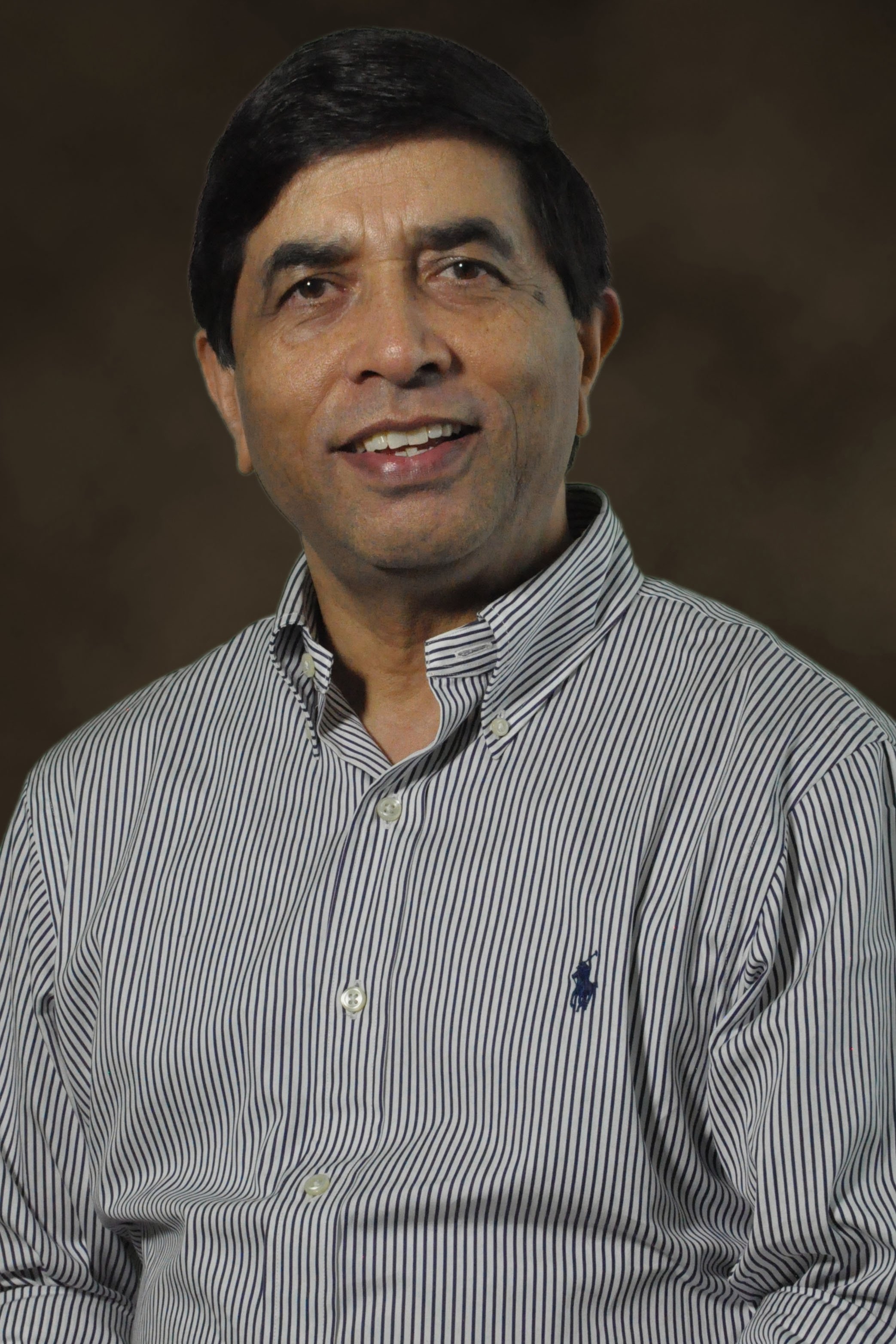
Project 1: Virtual Reality Application for Water Engineering
Mentor: Dr. Lohani
[Project Director (PI); Civil and Agric. Eng.; Watershed Instrumentation, Hydrology, and Engineering Education]
The Learning Enhanced Watershed Assessment System (LEWAS) lab was established on the Virginia Tech campus for remotely assessing high frequency water quality and quantity data from a creek that flows through the campus. A water quality sonde provides the capability to sense temperature, conductivity, dissolved oxygen, turbidity, and pH of water. A flow meter measures the lateral and longitudinal flows in three planes, in real time. In addition, a weather station has also been integrated into LEWAS to allow monitoring of weather parameters including precipitation, temperature, and pressure. The data is shared with remote clients via Wireless LAN through a user interface named the Online Watershed Learning System (OWLS). Fourteen NSF/REU scholars have worked in this lab since 2008.
A single board computer has been implemented to collect and store data from the LEWAS sensors and in a database, which allows users to access the high frequency data from this database through an interactive user interface. The sensor network provides data for numerous variables, and using VR it is possible to explore large datasets in novel ways.This project will engage one REU scholar who will work in the LEWAS lab. The participant will learn to design and implement a virtual environment, calibrate the LEWAS sensors, collect high frequency water data, and conduct hydrologic analysis of data. Desired skills for the candidate include computer experience, multivariable calculus, physics, and familiarity with water concepts. The REU participants will be mentored by a PhD engineering student along with Dr. Lohani. In addition to the research work, the REU scholar will write a research paper to document their research experiences. Additional projects include robotics.

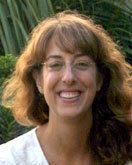
Project 2: Greenhouse Gas Dynamics in a Drinking Water Reservoir
Mentor: Dr. Carey
[Biological Sciences; Freshwater Ecology, Ecosystem Ecology]
, Dr. Schreiber
[Geosciences; Hydrogeosciences, Chemical Hydrogeology]
For this project, the REU scholar will work with a highly interdisciplinary team of graduate students and faculty to study ecosystem processes affecting carbon dioxide (CO2) and methane (CH4) dynamics in a drinking water reservoir near Roanoke, VA. The objective is to use a suite of environmental variables to predict CO2 and CH4 production in the reservoir and efflux into the atmosphere. To address the objective, the intern will conduct field sampling at the reservoir (~2 times per week) with graduate students and learn laboratory techniques for gas and water chemistry analysis. The REU will examine how multiple drivers (e.g., temperature, oxygen concentrations, weather conditions) interact to affect CO2 and CH4. The REU will use the field data to calculate greenhouse gas balance in the reservoir and compare observations with model predictions of CO2 and CH4 efflux. In addition to conducting this independent research, the interns will assist in other water quality campaigns at the reservoir and will be an integral member of the reservoir sampling team. We seek an REU student that has experience and interest in aquatic field sampling and data analysis, and can work independently while participating in a fun, collaborative team in the field. The REU must be able to swim, be comfortable working on boats, and be able to lift 40 lbs.

Project 3: Does “weather whiplash” enhance nutrient losses and impair water quality?
Mentor: Dr. Stewart
[Crop and Soil Environmental Sciences]
Recent work has suggested that alternating periods of dry and wet weather may increase nutrient losses from agricultural fields into surface water bodies, thus impairing water quality. Changing weather patterns and greater incidence of droughts and heavy rainfall may exacerbate this process, but the underlying mechanisms have not been systematically studied. In this experiment the student will perform rainfall simulation experiments to determine if different wetting and drying regimes alter reactive nitrogen leaching from already-constructed columns. The student will also have the opportunity to gain complementary field experience by assessing potential water quality improvements associated with edge-of-field buffer strips planted using native species.
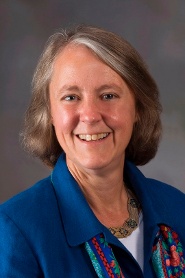
Project 4: Water Quality for Humanity and the Environment
Mentor: Dr. Dietrich
[Civil & Environ. Eng.; Analytical Chemistry]
Worldwide, increasing population/agriculture/industrial activities cause increased natural and anthropogenic contamination at the water-food-energy-human interface. For example, the mineral content/salinity quality of fresh water sources are increasing because of various salt inputs from domestic/industrial/food-processing wastewater, as well as because of deicing agents used to improve roadways during adverse winter weather. The increased mineralization/salinity not only affects natural waters and drinking waters that humans ingest, but also the quality of water that is inhaled during showering, swimming, or other uses where water is aerosolized. In projects in our research group, a potential REU student will focus on the effects of water quality and human health/well-being. These projects include: 1) modeling human exposure at the air-water interface to contaminants that are volatilized from drinking water and inhaled by humans; 2) integrating inorganic and organic water quality with the occurrence of odorants, minerals, and algae in water; and 3) investigating communication strategies for informing the public about water quality and its impacts on ingestion and inhalation.

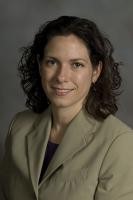
Project 5: Bacterial Contamination of Water Distribution and Plumbing Pipelines
Mentor: Dr. Edwards
[Civil & Environ. Eng.; Water Infrastructure]
, Dr. Pruden
[Civil & Environ. Eng.; Environmental Contaminants]
Legionella pneumophila is an opportunistic pathogen found in building plumbing. L. pneumophila can cause Legionnaire’s Disease (severe pneumonia) in immuno-compromised individuals, hospitalizing 8,000 to 18,000 people each year, and is responsible for a majority of the waterborne disease deaths in the U.S. Recently, our group exposed one of the worst Legionella outbreaks in U.S. history associated with the Flint, MI, water crisis. As society strives to become more energy and water sustainable, low-flow (and lower) faucets are increasingly installed in hospitals, schools, and homes around the country. Limited sampling to date has raised concern about these new “green” faucets, because they seem to have much higher levels of L. pneumophila than do normal faucets. This research would be amongst the first to systematically study this issue. In addition to operating a plumbing rig to generate samples and explore the relationship between L. pneumophila, flow rates, and flow volumes, the REU student will monitor L. pneumophila levels via qPCR and agar plating. Temperature, TOC, ICP, and 16S rRNA genes (total bacteria) also will be quantified. The overall goal is to determine if prior sampling results correctly indicated a systemic problem with low-flow faucets causing higher L. pneumophila and to consider what can be done about it. Several rigs have been running to study this problem, allowing students to jump in and examine a system with established biofilms. In this project, the REU scholar will oversee operation of the rigs, make physical/chemical measurements of temperature and disinfectant, and correlate these results to the growth of L. pneumophila as determined by culturing or molecular methods. The REU student will write up the results and be encouraged to present this work at conferences.

Project 6: Recovery of Nutrients and Water from Wastewater Using an Integrated Osmotic Bio-electrochemical System
Mentor: Dr. He
[Environmental and Water Resources Engineering]
Sustainable wastewater treatment should significantly clean polluted water while it minimizes energy consumption of the treatment process and decreases the carbon footprint. Wastewater contains more energy contents than what is required for the treatment process, and extracting such contents from contaminants will help accomplish sustainable wastewater treatment. In addition, water and nutrients are valuable resources that can be recovered from wastewater. An innovative system based on synergistic cooperation between microbial electrolysis cells (MECs) and forward osmosis (FO) has been developed at Virginia Tech. MECs oxidize organic matter in wastewater for electricity generation, which drives the recovery of ammonia. Ammonia is then used as a draw solute in FO for recovering high-quality water from the treated wastewater from MECs. The developed system will be examined for treating the effluent from anaerobic digesters. In this project, a potential REU participant will work with a graduate student to obtain hands-on experiences in reactor setup and operation and in chemical analysis. The participant will be part of a multidisciplinary team and will learn knowledge of engineering, electrochemistry, materials, and biotechnology. The results will be presented at major conferences, and a research paper will be highly desired.

Project 7: Symbioses in Aquatic Systems
Mentor: Dr. Brown
[Biological Sciences]
Increasingly, we appreciate the fundamental role that symbioses play in natural systems. Pollination, parasites, and the emerging importance of microbiomes all illustrate the importance of symbiosis in nature. However, we know little about the factors that control symbiont communities in natural multispecies systems. Dr. Brown’s lab investigates these questions using a freshwater cleaning symbiosis system in which small annelid worms act as cleaners on crayfish. While this symbiosis is sometimes mutually beneficial for both host and symbiont, under some conditions, the symbionts can also act as parasites, damaging the crayfish host and reducing fitness. The REU position in Dr. Brown’s lab will participate in research on this system in two ways. One way would be in generally assisting with landscape-scale surveys of hosts and associated symbionts in natural settings that are currently ongoing. However, a second responsibility would be conducting a field enclosure experiment designed to investigate the effects of an ongoing crayfish invasion on symbiont communities. This experiment would be the primary responsibility of this REU student and represents a unique chance to perform realistic field experimentation in the time frame of an REU project.
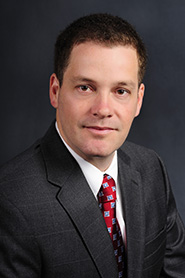
Project 8: Drivers and Functions of Vulnerable Waters
Mentor: Dr. McLaughlin
[Forest Resources and Environmental Conservation]
Throughout the U.S. and across the globe, headwater streams and geographically isolated wetlands are increasingly imperiled and the focus of important policy decisions. These vulnerable waters are dominant landscape features and provide myriad functions (e.g., habitat provision, water quality improvement, and hydrologic regulation). Their integrity and associated functions are largely driven by natural and anthropogenic factors, ranging from climatic forcing and wildfire to active land use. For this project, the REU student will focus on a specific class of vulnerable waters and will identify relevant drivers and responses to assess. Options include: (1) influences of prescribed fires and climatic variation on headwater streams; (2) role of hydrologic connectivity in regulating wetland carbon dynamics; and (3) effects of coal mining on water quality and aquatic communities in Appalachia headwater streams. For each option, students will conduct high-frequency water-quality data collection, aquatic ecosystem field assessments, and data and laboratory analyses. As such, this project will provide the student valuable experiences in the fundamental understanding and multiple assessment tools needed to enumerate the functions and drivers of these important aquatic ecosystems.
Research Projects for REU Scholars in India
Virginia Tech is the lead institution on an NSF Partnership in an International Research and Education (PIRE) project (PI: Peter Vikesland, co-PI: Amy Pruden) focused on Halting Environmental Antibiotic Resistance Dissemination (HEARD). This 5-year program (2015-2020) provides opportunities for students to visit foreign labs and field sites and to engage in research collaboration. The project’s objective is to track and compare the occurrence of antibiotic-resistance genes in wastewater treatment plants along a global transect of countries representing various antibiotic use and water treatment practices. India is a key partner as a country currently developing its water infrastructure while also battling population pressure and is cited as being a hotspot for the emergence of antibiotic-resistant superbugs. Two REU scholars will travel to India and conduct research in the laboratory of Dr. Indumathi Nambi at the Indian Institute of Technology, Madras (IITM), a member of the HEARD NSF PIRE network. Vikesland and Pruden (faculty mentors), along with three graduate students, conducted the first site visit and sampling campaign in Chennai (old name Madras), India, in March 2016 and now are continuing the collaboration with the exchange of samples, protocols, and students. REU scholars will stay on the IITM campus during their visit. Apart from working on their projects, REU scholars will spend time visiting environment-related project sites in India and will attend guest lectures along with other scholars at IITM. Two REU scholars participated in this international research experience in summer 2017.
Also, Virginia Tech has established a VT India Research and Education Forum (VTIREF) in Chennai, India. PI Lohani is a leadership team member who oversees development of VTIREF’s research and education activities. VTIREF has 4 staff members stationed in India who will provide logistical support and organize professional and social field trips for the REU scholars. India-bound scholars will spend the first week of the program at VT where they will undergo orientation activities along with their peers and will work with their faculty mentors to become familiar with the proposed work in India. At the end of week 1, these scholars will leave for India and will begin their research activities at IITM under the joint mentorship of Drs. Vikesland, Pruden, and Nambi. These scholars will return to VT in the 8th week of the program, and they, along with their 8 peers, will spend the last 3 weeks at VT participating in VT’s undergraduate symposium and the concluding ceremony of site activities.
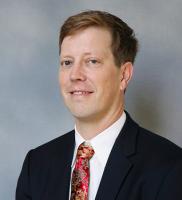

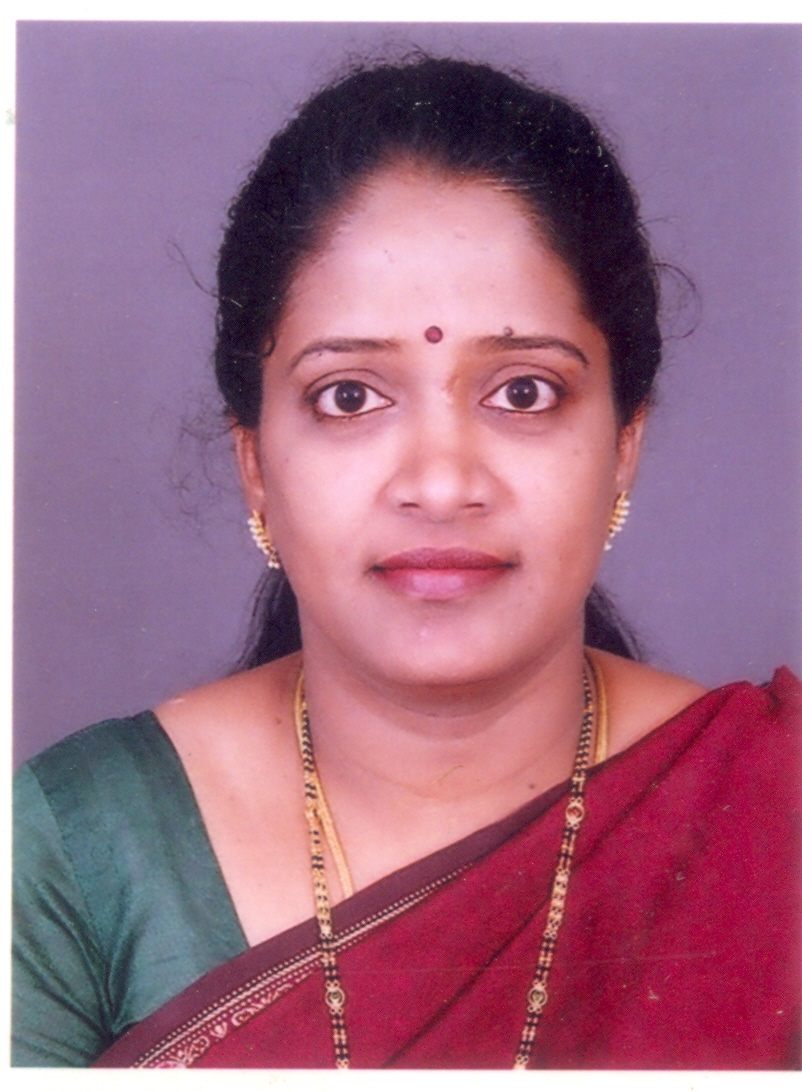
Project 9*: Chemical and Microbial Water Quality in India
Mentor: (VT, USA) Drs. Vikesland
[Environmental and Water Resources]
, Dr. Pruden
[Civil & Environ. Eng.; Environmental Contaminants]
, (IITM, Madras, India) Dr. Nambi
[Civil & Environ. Eng.; Environmental and Water Resources]
The REU scholar will work with graduate student mentors and faculty both in the U.S. and in Chennai, India, to evaluate the chemical and microbial quality of surface, ground, and drinking waters in the city of Chennai with the explicit goal to quantify factors responsible for antibiotic-resistance dissemination in this highly urban environment. The student will learn appropriate sampling protocols for chemical and microbial contaminants, as well as general water quality parameters. The student engaged in this project will gain intracultural expertise by working in a highly stimulating environment as an integral member of a large international consortium examining the growing threat of antibiotic resistance. At the conclusion of this international research experience, the student will have gained valuable life skills while simultaneously developing scientific expertise in chemical and microbial sampling.
Project 10*: PIRE research opportunity
Mentor: (VT, USA) Drs. Vikesland
[Environmental and Water Resources]
, Dr. Pruden
[Civil & Environ. Eng.; Environmental Contaminants]
, (IITM, Madras, India) Dr. Nambi
[Civil & Environ. Eng.; Environmental and Water Resources]
The REU scholar will travel to Chennai to collect samples and to extract, sequence, and analyze DNA in order to identify ARGs of clinical concern and compare profiles to those of other WWTPs being monitored as part of the PIRE network. Important water chemistry and physico-chemical data will also be collected to aid in interpretation of the data. *REU scholars will spend first and last three weeks of the 10-week program at VT and the remaining six weeks at IITM.